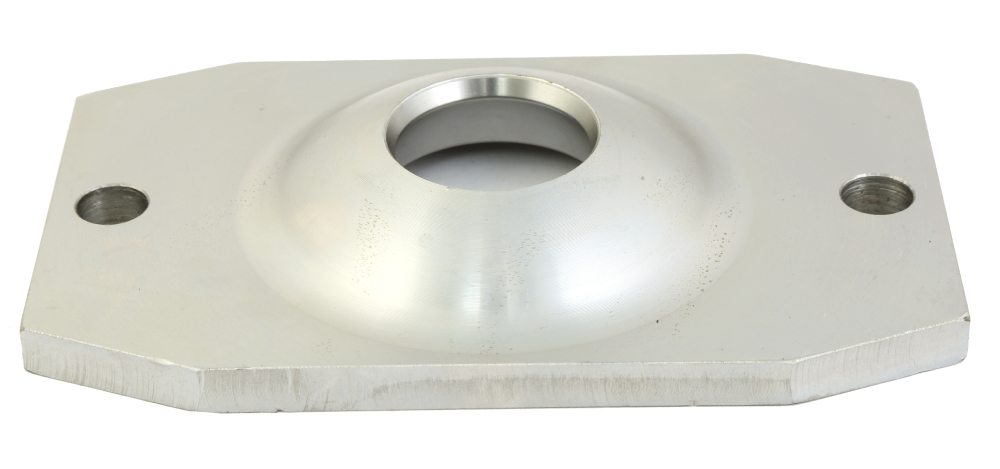HOW TO CHOOSE THE RIGHT SUSPENSION PARTS MANUFACTURER IN INDIA?
Choosing the right suspension parts manufacturer in India is crucial as it ensures the safety, performance, and reliability of your vehicle. Suspension components play a significant role in maintaining stability, handling, and comfort while driving. Selecting the right one requires careful consideration of several factors. From quality standards to production capabilities.

Here are key aspects to consider when choosing a suspension parts manufacturer
Quality Standards and Certifications
Quality standards and certifications indicate a manufacturer's commitment to producing reliable and durable suspension parts. Look for manufacturers that adhere to internationally recognized quality management systems such as ISO 9001. These certifications ensure that the manufacturer follows stringent quality control processes throughout the production cycle.
Technical Expertise and Experience
Evaluate the manufacturer's technical expertise and experience in designing and producing suspension parts. An experienced manufacturer with a proven track record is more likely to have in-depth knowledge of suspension systems and the ability to manufacture high-quality components. Evaluate the manufacturer's history, industry reputation, and the expertise of their engineering team to ensure they can meet your specific requirements.
Product Range and Customization Options
Consider the manufacturer's product range and customization options. A good and reliable manufacturer offers a diverse range of suspension parts tailored to various vehicle makes and models. They should be capable of customizing parts to meet specific design requirements or performance specifications. Flexibility in product offerings and customization options allows you to find solutions that best fit your application and performance needs.
Manufacturing Capabilities and Facilities
Evaluate the manufacturer's manufacturing capabilities and facilities to ensure they can meet your production volume and timeline requirements. Assess factors such as production capacity, technology infrastructure, and quality control processes. A well-equipped manufacturing facility with advanced machinery and quality assurance protocols is essential for producing consistent and high-quality suspension parts.
Material Quality and Sourcing
Focus on the quality of materials used in the manufacturing process. High-quality materials, such as forged steel, aluminum alloys, and advanced polymers, are essential for producing durable and reliable suspension components. Ask about the manufacturer's material sourcing practices, supplier relationships, and material testing procedures. It will ensure compliance with quality standards and specifications.
Cost and Pricing Structure
While cost is an important consideration, it should not be the sole determining factor when choosing a suspension parts manufacturer. Evaluate the manufacturer's pricing structure about the quality of their products, technical expertise, and service offerings. Consider the total cost of ownership, including factors such as product durability, reliability, and after-sales support, to make an informed decision that aligns with your budget and long-term goals.
Supply Chain and Logistics Management
Assess the manufacturer's supply chain and logistics management capabilities to ensure timely delivery of components and efficient inventory management. A reliable manufacturer should have robust supply chain processes in place to mitigate supply chain risks, optimize inventory levels, and respond effectively to fluctuating demand.
Customer Support and After-Sales Service
A reputable manufacturer should provide responsive customer support, technical assistance, and warranty coverage for their products. Evaluate their communication channels, response times, and willingness to address any issues or concerns that may arise during the product lifecycle.
Conclusion
Choosing the right suspension parts manufacturer in India requires careful evaluation of quality standards, technical expertise, manufacturing capabilities, material quality, cost considerations, supply chain management, and customer support.